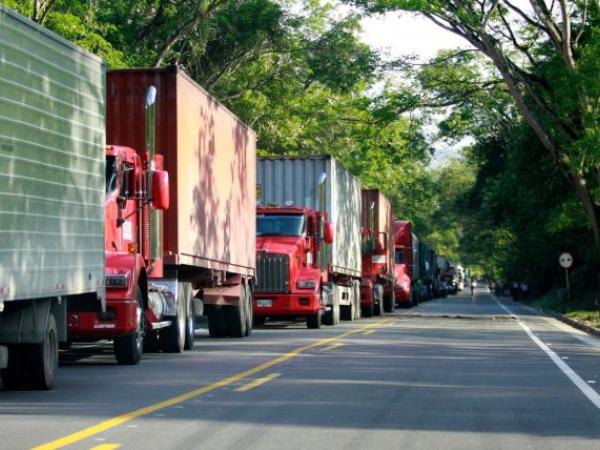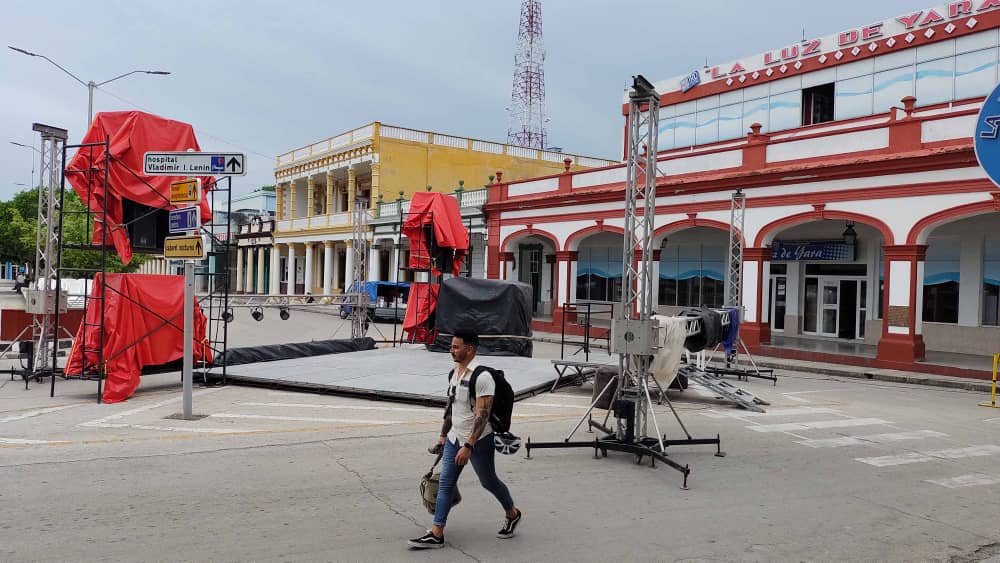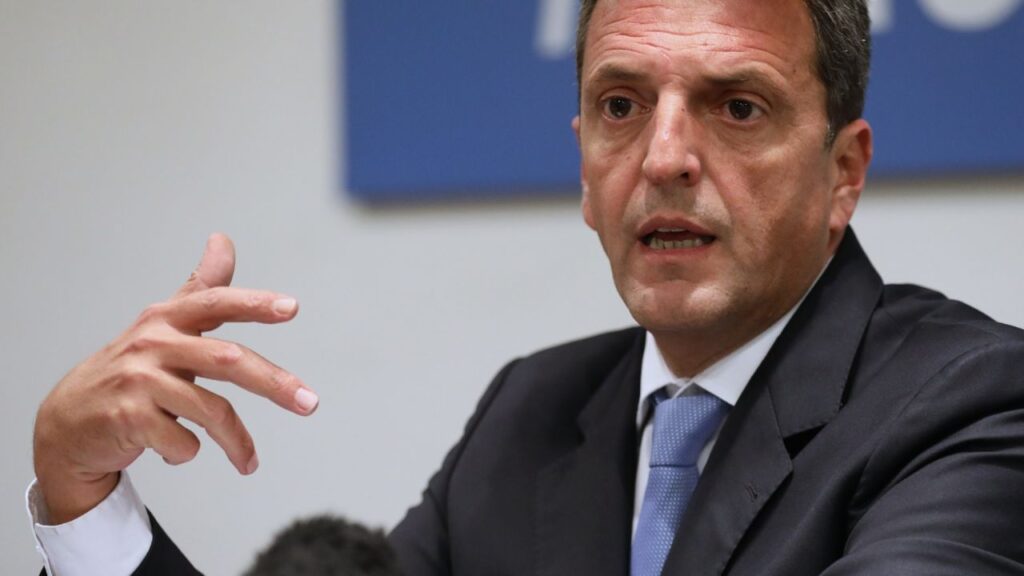Close to the end of the mandate of President Iván Duque, the different sectors are beginning to show their ideas and making known the challenges of the different sectors.
(The country has 119 charging stations to meet all the demand).
Juan Martín Caicedo, president of the Colombian Chamber of Infrastructure (CCI), in an interview with Portafolio, recounted his perspective on the government of Gustavo Petro, the profile he expects from the new Minister of Transportation, his perspectives on the entities in charge of the Ministry and the industry priorities.
What does the Chamber of Infrastructure think about the faces already known in the new ministerial cabinet?
We are respectful of the legal and institutional jurisdiction of the president-elect. We have talked, in particular, with the new Minister of Finance, José Antonio Ocampo, who, moreover, has reminded us of his conviction to preserve and continue betting on the model of Public Private Partnerships, PPPs, in the development of the national infrastructure, given the obvious limitations of the treasury, and the priority that the new government will give to social spending.
Suffice it to remember that today we have more than 6,000 km of roads under concession, complemented by more than 600 bridges and viaducts and twenty tunnels in the most complex places in the national geography.
(In what is invested what is collected in the income statement?).
In the opinion of the ICC, should public works not granted a concession also be a necessity?
Of course, yes, in terms of transparent awards, which guarantee legal compliance with the standard specifications in the bidding processes, and without the Attorney General’s Office continuing to play the ‘mocha ear’ on the matter. Public works, in effect, complement and articulate with the concession network. But we can hardly forget that the latter, that is to say, the concession work, is responsible not only for the construction of the roads, but also for their operation and maintenance.
Take the opportunity to insist, equally, on the imperative of secondary and tertiary roads. It does not make sense, in fact, that the country continues to advance in the construction of its main roads, without the centers of agricultural production connecting with them.
Behind the ostensible lack of tertiary channels there is an immense paradox, insofar as the General System of Royalties shows, without any shame, billionaire balances to be executed, close today to 7 billion pesos.
Juan Martín Caicedo, president of the Colombian Chamber of Infrastructure (CCI).
ICC
In conclusion, what does the infrastructure union expect from the new Minister of Transport, not yet appointed?
A technical profile is expected of him, which generates peace of mind for the investors and financiers who have been supporting the concession model, and also for the multilateral banks that have trusted him wholeheartedly. From this perspective, the new minister must preserve the institutional framework and the very high technical level of organizations such as the National Infrastructure Agency, ANI, which today leads the management of concessions, amid multiple recognitions and praise on the most demanding world stages. .
But not only the ANI…
Of course. Equally important is the technical profile of the Infrastructure Planning Unit, UPIT, created precisely to supervise the long-term vision of the transport infrastructure, foreseen today in the Intermodal Transport Master Plan (2015-2035), which is the letter of navigation of the sector for the next years and that was elaborated nothing more nor nothing less than Fedesarrollo, the most prominent think tank in Latin America. This long-term vision gives infrastructure the status of State policy, which transcends the political cycles of the governments in power.
And on the Invías side?
Nor should professional and technical suitability be ignored in the direction of the National Institute of Roads, Invías, an entity on which falls the responsibility of managing public works.
But let’s go back to the profile they expect from the new minister of the branch.
The technical profile that we hope will cover the new head of the Transport portfolio does not rule out the political sensitivity, in the good sense of the word, that must adorn the new rector of that office, in the face of the imperative of providing transparent opportunities, with full hands , to hundreds of medium and small engineering firms, SMEs, which can well contribute to the development of essential works throughout the country.
Now, in line with the announcements made by the president-elect himself, the moral and ethical conditions of the new minister are unavoidable, without shadows, to avoid unnecessary wear on the new government.
BRIEFCASE
















